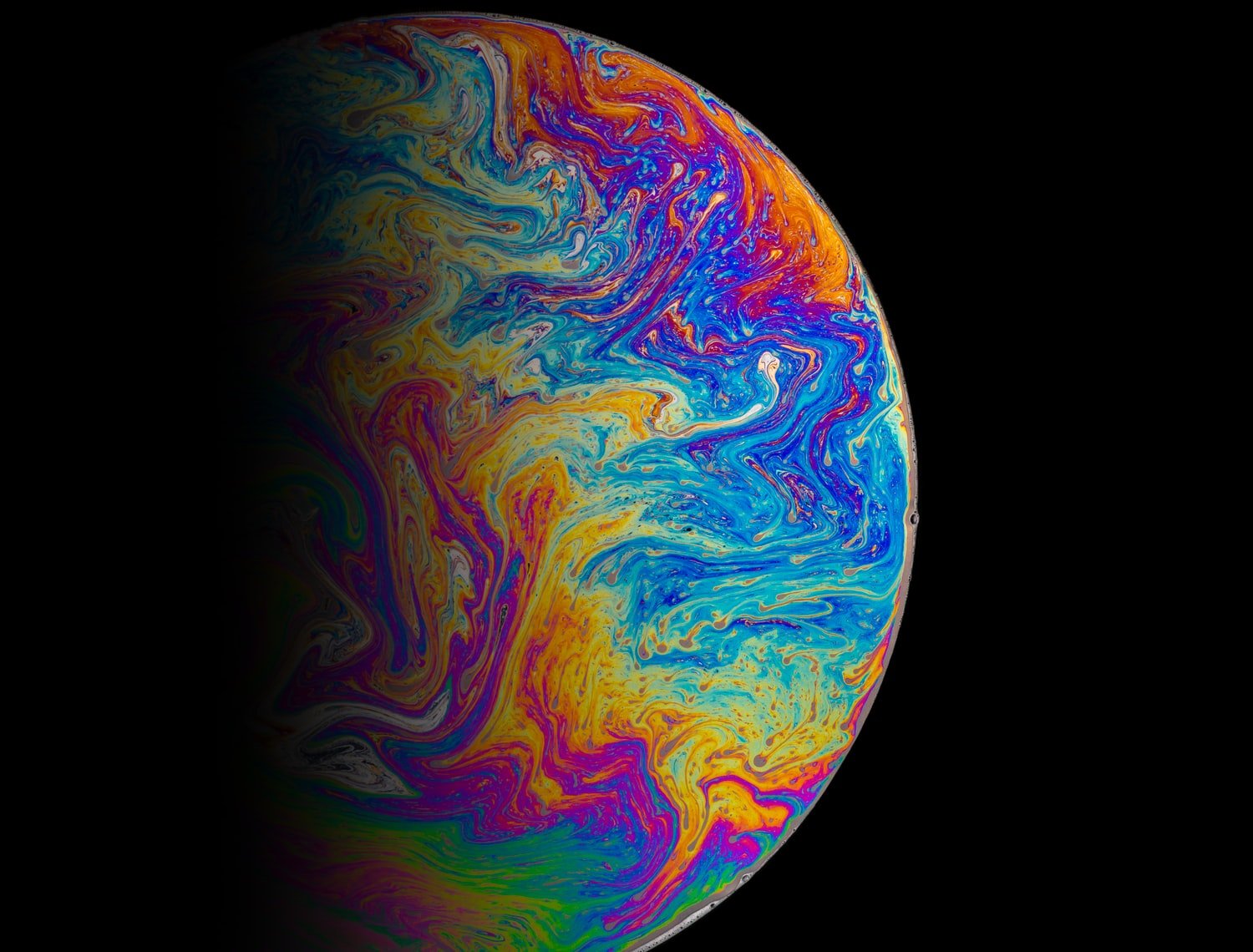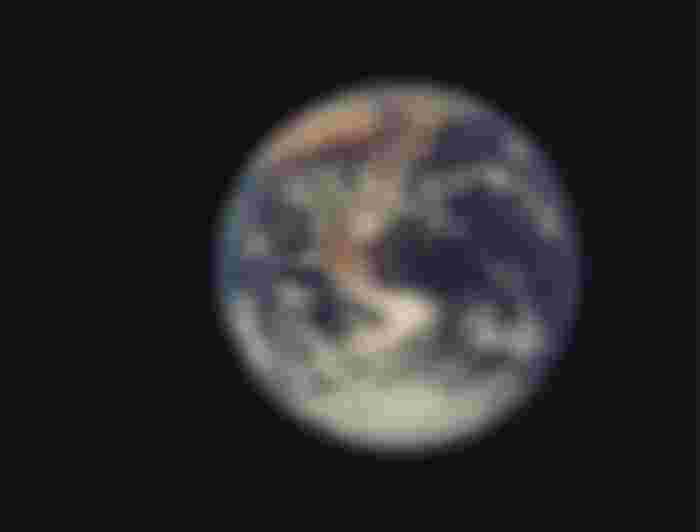Waste and its impact on nature

Of the many problems that the planet has, waste is one of the biggest sources of pollution and is a problem with a major impact on the environment. Waste can impact the environment in many ways - from the way waste is produced to the way it is collected and processed, all of these steps have an impact on the environment and the quality of life. In most cases, due to the lack of proper infrastructure and management, both landfill and landfill (both landfill and landfill) have a negative impact on the environment. These landfills change the landscape and the quality of the surrounding air, pollute the surface water and change the fertility and quality of the surrounding soil.

Inadequate waste management contributes to climate change and air pollution and directly affects many ecosystems and species.
Directly or indirectly, waste affects our health and well-being in many ways: methane gas contributes to climate change, air pollutants are released into the atmosphere, drinking water sources are contaminated, crops grow on contaminated land, and fish ingest toxic chemicals. get to our plates ...

People, like any living thing, is not outside the laws that govern life on our planet, but was formed and developed in interaction with the natural environment. It has always influenced the development of society, but the degree to which it has exerted this influence has differed from one historical epoch to another. The relationship between man and the environment has been visibly altered by the introduction of industrial waste into the environment, by oil spills, by the storage of radioactive waste, by the improper administration of chemical fertilizers, insecticides, pesticides, by waste of natural resources, by air pollution, water and soil.

So much plastic is currently being produced that no recycling or waste management capacity can capture the entire amount. In 2015 alone, 320 million tons of plastic were produced, which is more than the weight of all the people in the world put together. Plastic is so widespread that we all think we can't do without it, but a lifestyle that generates almost zero waste can be implemented in everyone's life. How is plastic properly recycled? Plastic recycling is very important and should be taken seriously. Plastics are a huge amount of solid waste and take centuries to decompose in landfills or in the ocean.

Therefore, all recyclable plastics should be recycled to reduce pollution, conserve energy and the environment. Plastic is harder to recycle than you think. You must rinse any food and liquids (other than water) from the containers before you can put them in the basket. If the plastic is not clean, it could contaminate an entire load of plastics, causing the recycling center to send the entire batch to a landfill. When recycling plastic bottles, make sure the label says "crush to preserve." If so, remove the cap and crush the glass by twisting it up and down. Once crushed, place the lid back on the glass so that it can be recycled.

So, I think you are convinced that again, waste is disposed of in nature by humans who are not aware that garbage is "fatal" to the environment and destroys it over time. Now the question is, "What can we do to stop all this?" It's so simple! if in a minor percentage and that at that moment, maybe hundreds or even thousands of people do the same thing. And in this way we start a major pollution. It is very simple to protect the environment. You do not need a magic wand or magic dust , but only a reflection on the fact that if we all do things that we don't care about because we don't realize what they mean, the whole environment would look like a real disaster.






